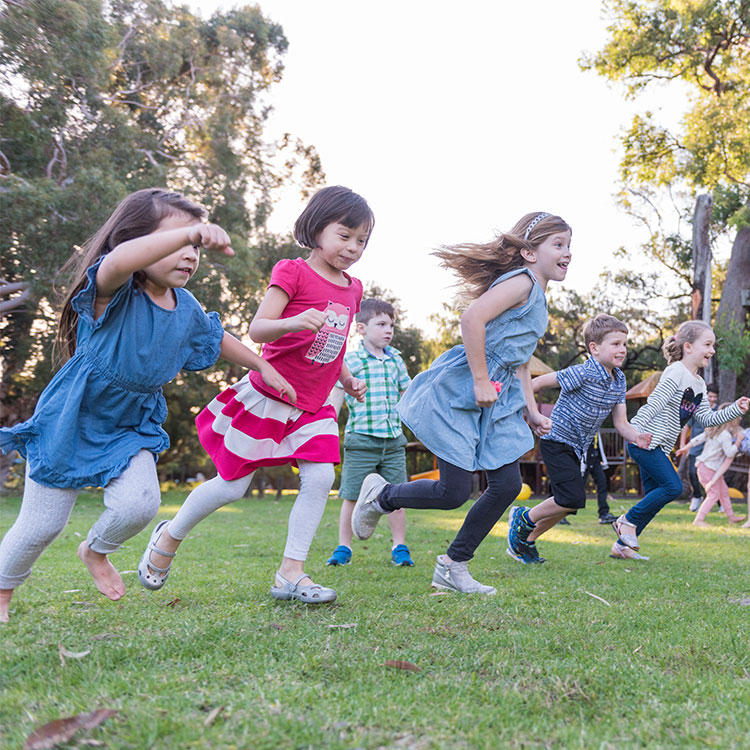Search
Research
Establishing a national platform for the provision of evidence based practice in Prader-Willi syndromeHelen Jenny Leonard Downs MBChB MPH BApplSci (physio) MSc PhD Principal Research Fellow Head, Child Disability +61 419 956 946 08 6319 1763
Research
Evaluation of the Learning+ Pilot ProgramYasmin Harman-Smith BA, BHlthSc(Hons), PhD Head, Early Years Systems Evidence; Head, Tenders Support Unit Yasmin.harman-smith@thekids.org.au Head,
Research
Family Friendly EnvironmentsHayley Christian BSc (1st Class Hons), PhD (Distinction) W.Aust. Head, Child Physical Activity, Health and Development; Ascend Senior Research Fellow
Research
Fetal Alcohol Spectrum Disorder in the Australian Education System: Knowledge, attitudes, needs, and practicesAmy Carol Finlay-Jones Bower BPsych(Hons), MPsych(Clinical), MHealthEcon, PhD (Clin Psych) MBBS MSc PhD FAFPHM DLSHTM FPHA Head, Early
Research
FINGERPRINT: FINdinG Early markers of Respiratory disease for survivors of PReterm birth which IdeNtify Treatable traitsThis research project will investigate the traits of preterm lung disease, looking into the long-term lung health of children born preterm, aiming to identify traits that could help guide better treatments in the future.
Research
Goroka Otitis Media Study: Prevalence and associated risk factors of otitis media in children attending urban clinics in Goroka, Eastern Highlands Province of Papua New GuineaOtitis media (OM, middle ear infections) and the consequent hearing loss are major concerns for Aboriginal people and OM can seriously impact on children’s learning potential which in turn will impact on life as an adult.
The Kids Research Institute Australia and Minderoo Foundation established CoLab in 2017 to provide a ‘nest’ to bring together evidence with policy and practice to grow six major projects.
CoLab has released the first in a series of policy papers on early childhood in Western Australia.

The Core Story for Early Childhood Development and Learning Collaboration is a long-term communications initiative to transform the way early childhood development and learning is understood in Australia.
Research
Improving lung health of Aboriginal children hospitalised with chest infections – Aboriginal Children’s Excellent (ACE) Lung Health StudyThe ACE project is led by Dr Pamela Laird and aims to improve post-hospitalisation follow-up of Indigenous children hospitalised with acute lower respiratory tract infections.
